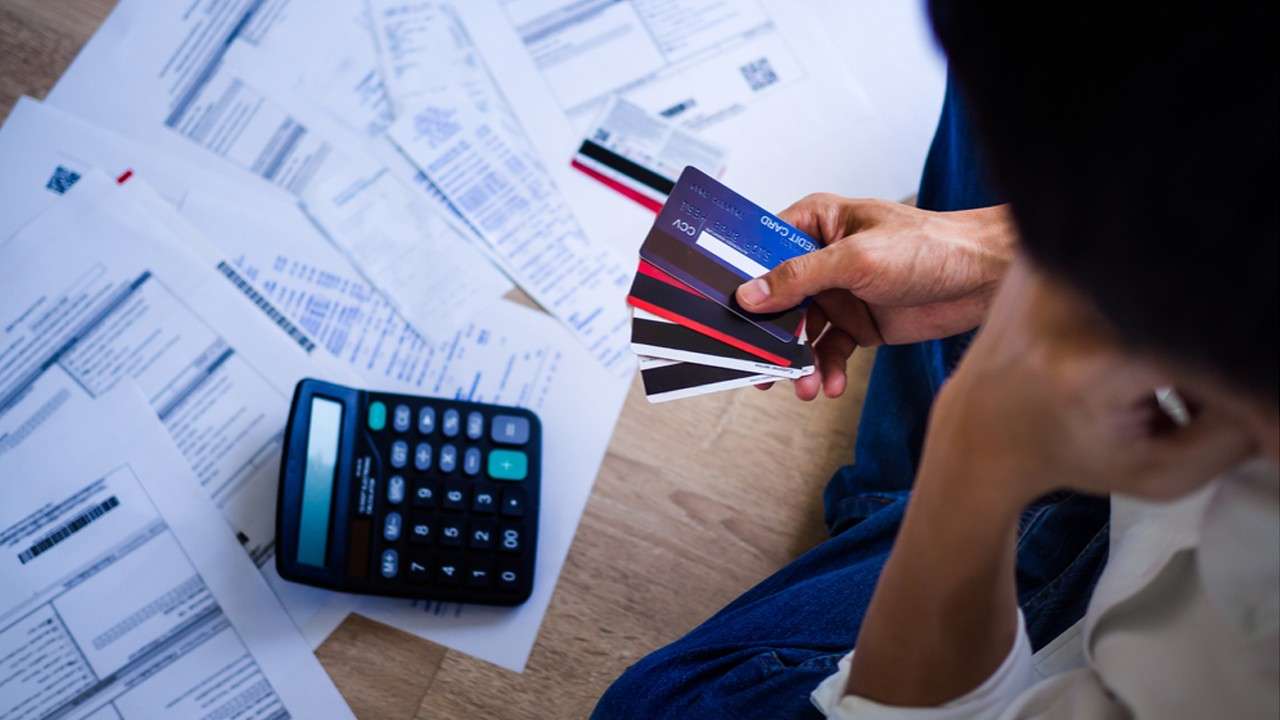When it comes to paying back any form of debt, there are a lot of things one must be careful about. Whether the debt is in the form of credit card bills, mortgages or simply tax debt, it is easy to fall in a debt spiral with the most basic of mistakes. This is why taking on debt should be the last resort in case of monetary emergencies and generally speaking the first thing on our to-do lists to be stricken off the moment we get our hands on our funds.
This is why today we have compiled a list of the top five mistakes that you should steer clear of as a debt payer:
1) Not prioritizing debt repayment
First things first, do NOT let your debt pile up! The debt spiral starts from a meagre amount but can snowball into an unfathomably large amount. Over time penalty costs add up in addition to late fees on the original amount that is owed. Remember to catch up on your payments as soon as your funds come through so you don’t fall behind on your debt repayment can get rid of it as soon as possible!
2) Paying only the minimum payment amount
While this strategy works in the short run and buys you more time, it is actually an interest trap that ends up costing more than what you would have paid if you had cleared out larger payments. Minimum payments often equate interest and constitute only a small portion of the actual debt incurred, which is why debtors should pay off debt in larger payments depending on the maximum amount they can portion out from their monthly budget.
3) Filing for bankruptcy to avoid repayment
Most indebted people find this to be an easy solution to worm their way out of paying the amount they owe, but in reality this should be the last resort for debtors. Declaring bankruptcy impacts credit scores negatively and makes it even harder to get out of the debt spiral in the future in addition to loss of valuable assets such as houses, cars, etc. Therefore we strongly discourage taking this drastic step until absolutely necessary.
4) Not reaching out for help
The biggest mistake one can make when drowning in debt is to not reach out for help. Whether it is from trusted friends and family or agencies that provide valuable resources and information to chalk out a concrete debt repayment plan, we urge you to be willing to define accumulated debt as a life-impacting problem and to seek help when things look like they are getting out of hand.
5) Taking on new debt
One of the biggest mistakes is to apply for more loans and accumulate debt while the outstanding amount has still not been paid. This adds to the debtor’s financial struggle and perpetuates the debt cycle that they are trying to get out of. While credit cards seem like a viable option to pay off unexpected expenses, remember that nothing good comes free of cost and the cost in a debtor’s case is even more debt!

